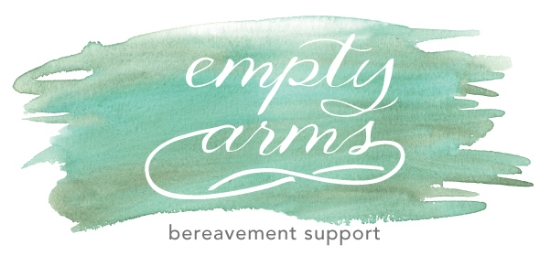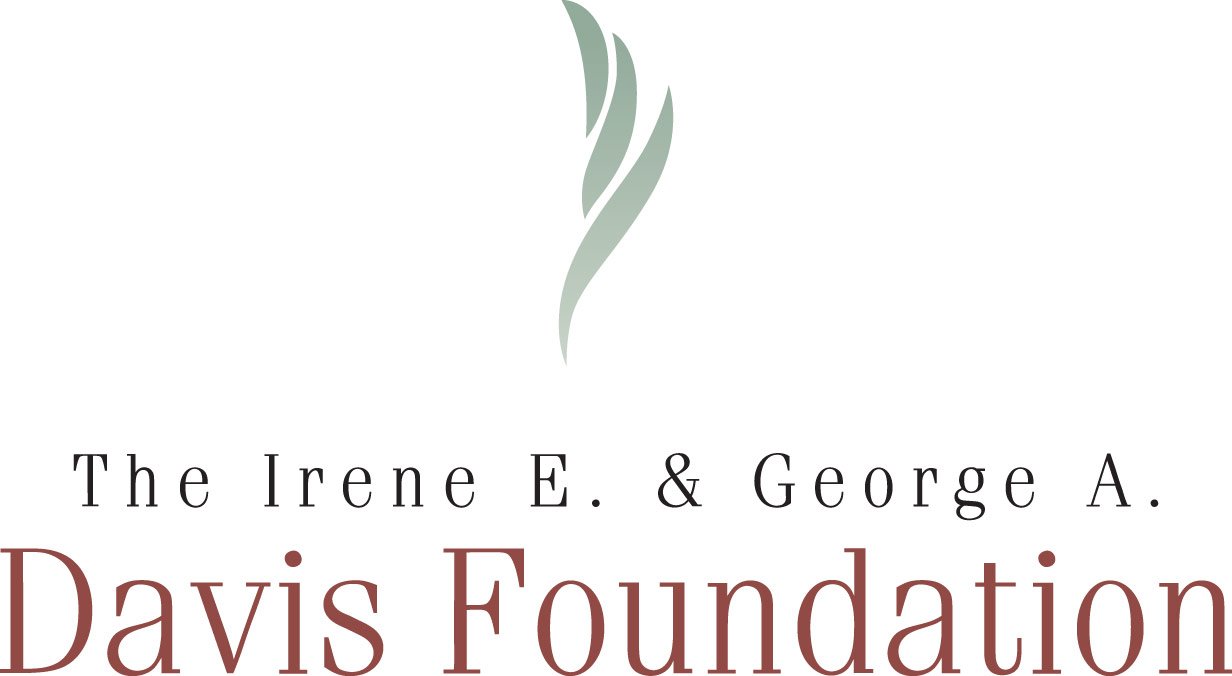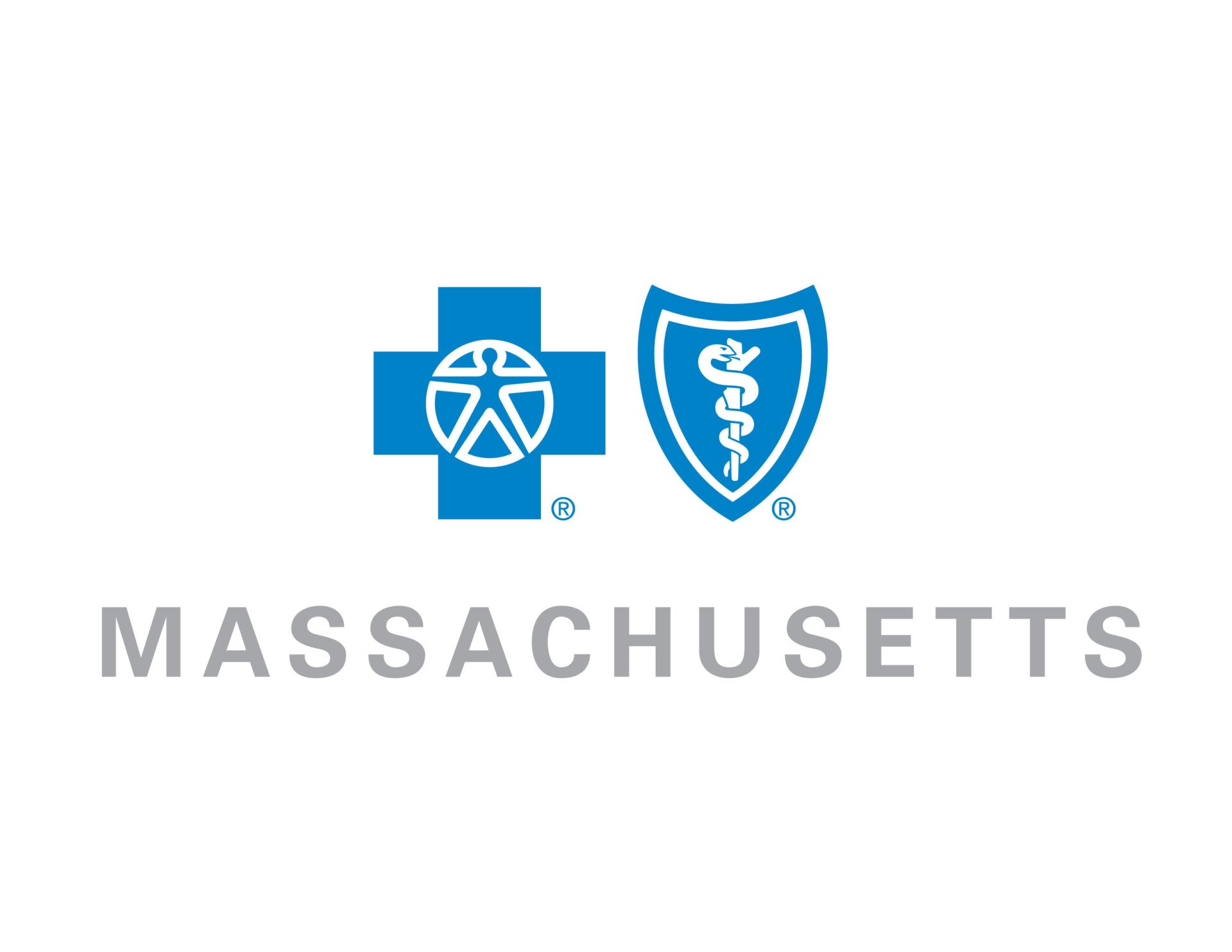Champion nurse: Amelia Jayne
/These days, it’s a rare occurrence for a family at Cooley Dickinson Hospital to not meet Amelia Jayne if they experience the loss of a baby, and anytime I’ve ever offered a training in that hospital she has been there to learn more. I sat down to talk to Amelia to find out what it’s meant to her, as a nurse, to have Empty Arms there to support her in the past five years since our companion program started.
Amelia has been a nurse at Cooley Dickinson for 8 years, and initially learned to care for bereaved families during her clinical rotations at nursing school due to good timing and a generous mentor. Amelia explains that in nursing school, during her coursework “absolutely nothing was taught about babies dying”. Though typically student nurses are not involved in clinical bereavement care out of respect for the family, Amelia was fortunate in that her preceptor in her clinical rotation in labor and delivery took the initiative to give her a crash course. One night, a baby was born so early it had no chance of survival-- yet it was still alive. The nurse she was mentoring explained to Amelia the importance of giving this family skin-to-skin with their baby until she died, and then set about organizing to make a memory box for the family with Amelia by her side. Being included in that care and having the nurse teach her all the important reasons why families need time and mementos set Amelia on a course to provide similar quality care to her patients. Further work with perinatal and pediatric hospice once she became a licensed RN care firmed up her commitment that while the work is hard, bereavement care is an enormously important aspect of nursing care and a way in which Amelia can have a great impact on a family in need.
As one of a small group of nurses at CDH who feel very comfortable offering bereavement care to families, it has offered Amelia reassurance to know that Empty Arms is there to support her work both when she is there, and when she’s not. “I know that not all nurses have that same level of comfort and confidence”, she shares, “and before Empty Arms I used to have the hospital call me when I wasn’t on shift to come back so that I could be sure that every family would get the same loving care”. Amelia is careful to explain that some nurses just “can’t get over the scariness of” taking care of a baby who has died, and simultaneously supporting and guiding their shocked and anguished parents. “Other nurses are saying to me, ‘how is it possible for you to just hold that mother and her baby… and I tell them, I’m sad, but I’m comfortable.’” It is nurses like Amelia that Empty Arms is most grateful for.
“I have faith in the companions’ ability to be loving towards the parents and baby no matter what the circumstances,” Amelia shares. In addition, she notes that working with Empty Arms has allowed her, as a professional, to become more knowledgeable about what the experience of baby loss is like, which further improves her ability to care for families. “The volunteer companions are a wonderful resource because they are further from their trauma and you can ask them for advice about things… You can ask them about their loss and get information that will help you take care of the family… and you can ask advice of how to work with the patient. You can bounce ideas off of the companions in the midst of taking care the family. And the best part is I just know that no matter who it is, anyone I call from Empty Arms will be completely ready to embrace any mom and any baby, no matter what”.
The last piece that Amelia stresses is how helpful it is to have a second team of people available for emotional support for a family so that the nurses are able to have some time to focus on the mother’s physical health and also the paperwork involved in handling a birth and a death. “Depending on the circumstances, there can be a lot of overwhelming work-intensive medical and paperwork responsibilities that don’t even include dealing with the emotional well-being of the mom. For example, it’s not uncommon that the baby is dying because the mom has pre-eclampsia, so the mom is also at risk of dying. The pressure is on you, as the nurse, to make sure the mom’s physical well-being is prioritized. That is so much work and then you realize oh, did I even talk about what we’re going to do with the baby? When Empty Arms is there it allows me to have the time and space to focus on the mom because I’m fully confident that Empty Arms can take care of the baby. It gives me the ability to leave the room when I otherwise might not have the ability to do so. I never, ever want to abandon the patient in that incredibly difficult time”.
Amelia may be grateful for Empty Arms, but we’re grateful for Amelia and all the other nurses out there who have made it a commitment and a priority to take care of families well when their babies die. Talking to a nurse like Amelia re-confirms our commitment to keep our companion programs flourishing in all our hospitals so that all nurses can feel as supported as Amelia does, and so that all families are receiving first rate care.
Will you join us today and make a donation to support the Empty Arms companion program?
https://emptyarms.z2systems.com/np/clients/emptyarms/donation.jsp?campaign=20&&test=true




